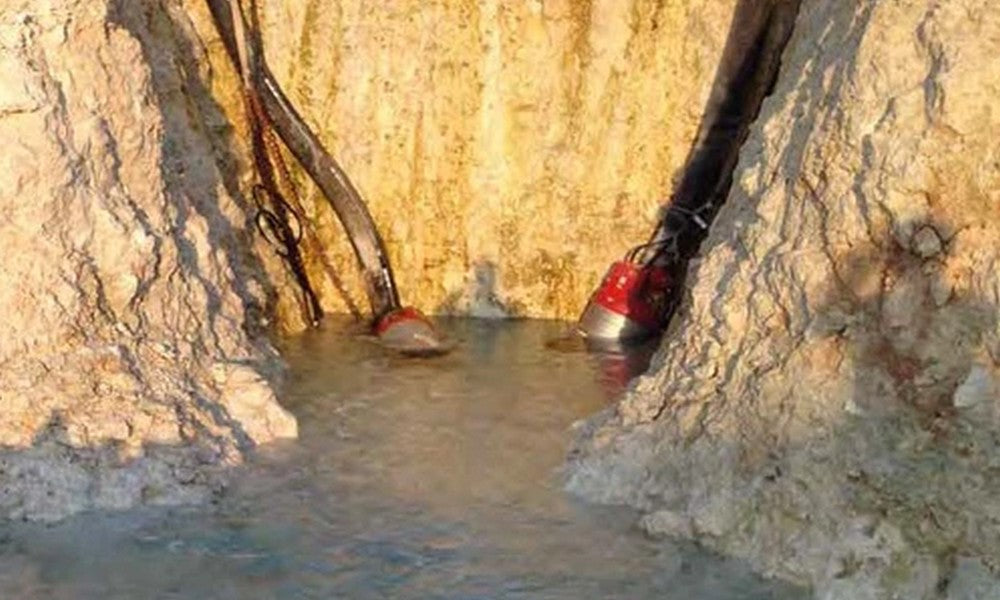Like all pumps, a submersible pump moves liquid from one point to another. So why would you buy a submersible pump?
They are used most often in industrial applications like wastewater pumping, bore well lifting, fire fighting, oil well lifting, slurry pumping, primarily for the reasons that make them a preferred choice:
- the motor is part of the pump - that's convenient!
- it's not necessary to prime a submersible pump
- it's quiet as, nearly silent, the water absorbs most of the noise
- they are energy efficient, since they don't suck in water to operate
- if you're short on space, submersibles don't take up new space (or space for a pump shed, etc)
- there's no suction pipe, reducing potential issues
- there's minimal worry about cavitation because the pump's impeller and casing are always submerged
- they are secure - they can't be (easily) knicked
Especially for industrial needs, you'll want to get a submersible that can handle solids if your water conditions demand it - such as for flood or stormwater, which are typically filled with debris. Not so much an issue for irrigation. There is a heavier-duty impeller in these pumps that creates stronger centrifugal force to separate the debris from the water.
Sure, there are some disadvantages, like the obvious fact that they are not easily accessile, especially in deep bore applications. That makes it difficult to deal to preventative maintenance.
Because they are largely inaccessible, people don't deal to maintenance and the pumps are left to run until they don't run any longer - which means prolonged exposure to liquid that naturally lends itself to corrosion. Of course, being submersed, corrosion is already a concern to deal with, especially with the seals.
The good news? All of the pumps we sell are made from corrosion-resistant materials. Check out our selection of submersible pumps.

